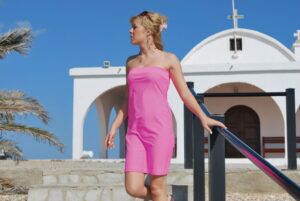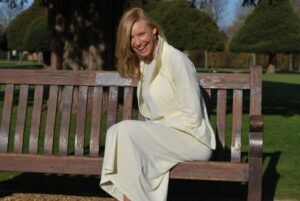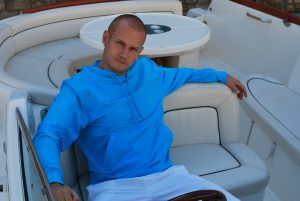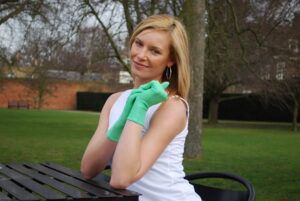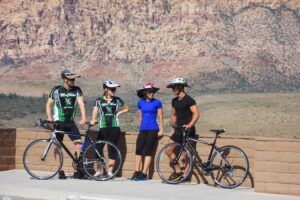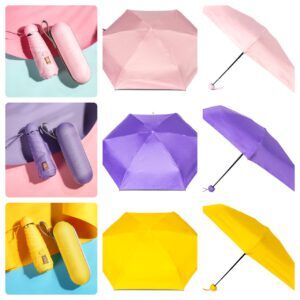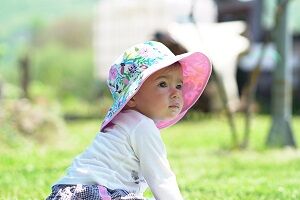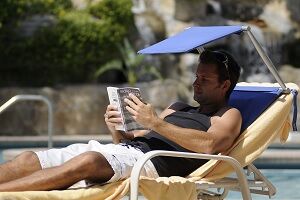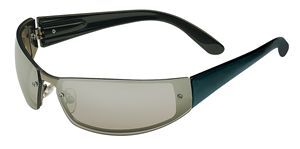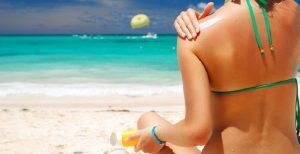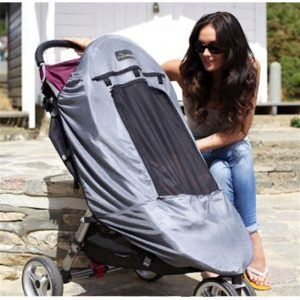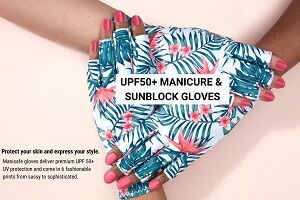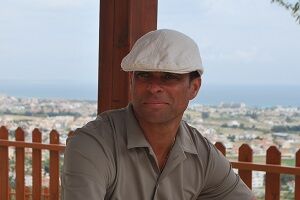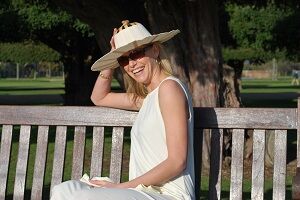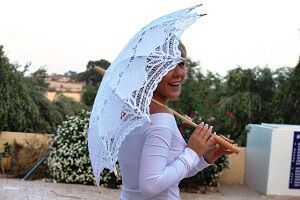© 2025 All rights reserved
Helpful Links
SunSibility are delighted to work closely with a large range of organisations, so you can be sure that our products are suitable for your needs. If you are interested in the work of any of these organisations or are affected by any of these conditions, do feel free to check out their websites below for further information.
LUPUS UK is the only national registered charity for people with systemic lupus and discoid lupus and advises those approaching diagnosis. We presently have over 5,500 members and number of Regional Groups who arrange talks, publish local newsletters, set up social occasions and organise fundraising events. LUPUS UK also produces an informative national magazine, LUPUS UK News & Views, with lupus articles, letters, reports and photographs, and operates a strong Grant Programmes for research purposes and welfare. https://gamma.app/docs/Managing-Sun-Sensitivity-A-Comprehensive-Guide-for-Those-with-Lup-ot3srexoh1si945
The XP Support Group can support families with XP and other light sensitive conditions in many ways: • Support & counselling – following diagnosis or at any time it is needed • Contact with other families caring for someone with XP • Providing grants to enable families to obtain valuable UV protective equipment • Raising the much needed funds to enable medical research • Using every opportunity to inform the general public and medical profession about XP • Respite at our annual night camp called the Owl Patrol
The Vitiligo Society is a registered charity whose basic aims are to:- * relieve the distress and suffering of those who have vitiligo, * promote public awareness of vitiligo, * support research into the cause or causes of vitiligo and find an effective treatment and cure. The Society provides support to sufferers and their families through its telephone helpline and providing information and literature to individuals, organisations and medical practitioners. It actively raises money for research.
The British Red Cross helps people in times of crisis, providing a range of services in the local communities across the UK. These services offer short term assistance to people in need of our help. For someone coping with scarring or a disfiguring skin condition, specialist camouflage cover creams offer a way to cope. The Red Cross skin camouflage service helps individuals to regain confidence and independence. Our trained volunteers select the best colour match for a person’s natural skin tone. We then teach them how to apply the cover creams to improve the appearance of the affected areas. All camouflage products used by the Red Cross are available on prescription and can provide effective, waterproof cover for a wide number os skin conditions including: scarring from burns, accidents, acne etc, vitiligo, rosacea, birthmarks, leg veins, pigmentation problems, tattoos and many other skin conditions. The skin camouflage treatment is free although we welcome donations to help support the service.
Our purpose is to alleviate the psychological, physical and social effects that an “altered image” can have on people’s lives by the simple application of specialised skin camouflage products. Anyone can take advantage of the skin camouflage service provided by BASC trained professionals within the NHS and private practice. Scarring, non-infectious skin conditions and unwanted tattoos are the most common reasons for needing skin camouflage. BASC is acknowledged as the leading training provider for medical and industrial professionals. The BASC Diploma is accepted for indemnity purposes. Associate Membership is open to any individual or organisation interested in the field of skin camouflage.
Albinism Fellowship provides advice and support for people with an interest in albinism and a range of appropriate services that provide information, raise awareness, challenge misrepresentation, improve self-esteem and give opportunities to meet other people affected by the condition. The Fellowship is a voluntary self-help, sociable and positive organisation that aims to provide information and support for people with an appropriate interest in the condition. Our vision is that all people with albinism have the opportunity to realise their full potential. We provide a 6-monthly newsletter to our members and organise a bi-annual conference, along with other, more frequent regional get-togethers. These provide opportunities for people affect by albinism and professionals to get together for mutual support and sharing of information.
Solar UV symbols – Indices of 9 and 10 are common in the Mediterranean area. The strength of the sun’s ultraviolet (UV) radiation is expressed as a ‘Solar UV Index’, a system developed by the World Health Organization. These Met Office forecasts include the effects of: the position of the sun in the sky; forecast cloud cover; ozone amounts in the stratosphere. The Met Office say the solar index does not exceed 8 in the UK (8 is rare; 7 may occur on exceptional days, mostly in the two weeks around the summer solstice). You can view the key to symbols at :
The British Association of Dermatologists (BAD) is a charity whose charitable objects are the practice, teaching, training and research of Dermatology. It works with the Department of Health, patient bodies and commissioners across the UK, advising on best practice and the provision of Dermatology services across all service settings. The BAD works with many other organisations to achieve its aims of supporting patients and improving standards.
The Universal Currency Converter® contains the top 85 currencies sorted by country name – listing the ten most popular currencies first. If you wish to find out the cost of an item or indeed your whole order in your own currency this website will help you find out.
Many people find that their eczema improves with exposure to sunlight (this is particularly true of the contact and discoid types) while others experience a worsening of their condition. Whatever your own experience, the skin will still need protection from the sun’s harmful rays, both during the British Summer-time and when you are away on holiday in a warm climate.Some types of eczema are directly caused or made worse by exposure to the sun,although this is rare. The term for this kind of eczema is photosensitive.
Solar UV symbols The strength of the sun’s ultraviolet (UV) radiation is expressed as a ‘Solar UV Index’, a system developed by the World Health Organization. These Met Office forecasts include the effects of: the position of the sun in the sky; forecast cloud cover; ozone amounts in the stratosphere. The Met Office say the solar index does not exceed 8 in the UK (8 is rare; 7 may occur on exceptional days, mostly in the two weeks around the summer solstice). Indices of 9 and 10 are common in the Mediterranean area.
The British Porphyria Association is a registered charity that exists to help porphyria sufferers and their relatives. This includes providing information on the diseases to members, and to doctors, medical staff and hospitals. It produces two newsletters a year, holds meeting around the country, and is currently working to produce a series of leaflets of the condition. With those porphyrias that give problems with light sensitivity, the problem is always sensitivity to visible light, rather than to UV.
This website has been set up to provide information and practical help for people living with a sensitivity to artificial light.
Melanoma Focus is a national charity dedicated to providing help and support to melanoma patients and professionals as well as raising awareness of melanoma, the 5th most common cancer in the UK. For patients and their carers we provide the only Melanoma Helpline, a support line run by experienced skin cancer nurses for anyone with a worry about melanoma. We have created a wide range of trusted patient information from diagnosis to treatment of melanoma skin cancer and beyond. We provide funding for research projects for patient benefit and have developed resources to help explain clinical trials and what treatment options may be available, all in order to strengthen and support the melanoma community. We are wholly committed to raising public awareness about melanoma as it is a cancer that can be predominantly prevented. Until then, diagnosing melanoma early provides the best opportunity for diagnosis, treatment and the potential for cure.
Dr. Chris Steele is resident Doctor on This Morning and has been on the show since the first day back in 1987! Chris Steele qualified as a doctor in 1968 and has worked as a GP in South Manchester ever since.
SKCIN are the UK’s leading skin cancer charity, specialising in the prevention and early detection of both melanoma and non-melanoma skin cancer through educational intervention. With 90% of skin cancer cases preventable and almost all cases curable if diagnosed and treated early – education is our greatest weapon in combatting the UK’s most common cancer. SKCIN offer a comprehensive range of digital and printed educational resources to engage, educate and equip the nation, empowering them to take charge of their skin health and surveillance. SKCIN also work with many key ‘at risk’ and ‘influential’ target sectors with their suite of five national accreditation programmes including; Sun Safe Schools, Sun Safe Nurseries, Sun Safe Workplaces, and their award winning MASCED(Melanoma and Skin Cancer Early Detection) training programmes for hair, beauty and healthcare professionals.
The SKCIN app, developed by the UK’s leading skin cancer charity SKCIN is an educational and self-management mobile application dedicated to the prevention and early detection of skin cancer, providing users with the following 6 key service areas:
PREVENTION: Learn about ultraviolet radiation and our skin, how to take charge of your family’s skin health and prevent skin cancer by adopting simple sun safe strategies.
THE UV INDEX FORECAST: Get the current and daily peak UV Index and 2 day hourly forecast for any location across the globe with handy UV alerts and sunscreen reminders.
PERSONAL RISK ASSESSOR: Get rationale and advice with regards to your personal level of risk for the development of skin cancer based on a series of specific questions.
EARLY DETECTION: Learn about the various forms of pre-cancerous skin lesions, non-melanoma and melanoma skin cancers with images and detailed guidance on how to spot the early warning signs and how to confidently take action with concerns.
SKIN CHECKING: Your five-step guide to conducting thorough, full-body self examinations with the ability to set monthly reminders for when your next examinations are due.
LESION TRACKER: Track, compare and manage lesions using close-up photography and a comprehensive assessment and signposting service to help you take charge of concerns.
To install the app on your mobile device access the link using Safari on iOS, or Chrome on Android.


